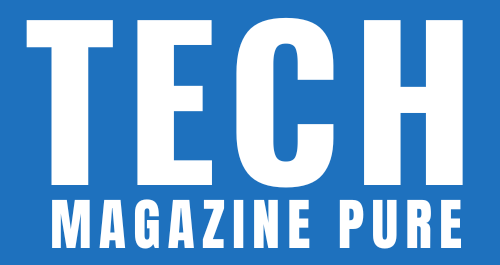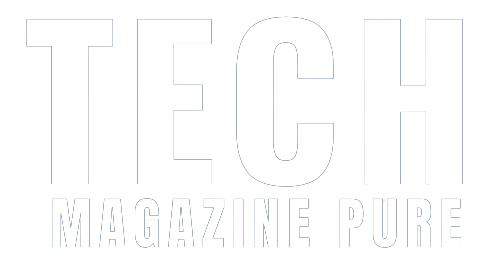In the vast and ever-evolving world of game development, choosing the right development platform is crucial for bringing creative visions to life. Monogame vs Unity stand as two prominent options, each offering unique features and functionalities. In this article, we will conduct a comprehensive comparison between Monogame vs Unity, exploring their strengths, weaknesses, and how they cater to different types of game developers.
Monogame Unleashing the Power of C# and Cross-Platform Compatibility
Monogame is an open-source framework that leverages the power of C# to empower developers in building games for multiple platforms. With its foundation in XNA, Monogame provides a familiar environment for those who have experience with Microsoft’s XNA framework.
Strengths of Monogame
- Cross-Platform Compatibility: Monogame’s cross-platform capabilities allow games developed using the framework to run seamlessly on Windows, macOS, Linux, Android, iOS, and more. This versatility ensures that developers can reach a wide audience across different devices.
- C# Language: For developers familiar with C# programming, Monogame offers a comfortable and efficient development experience. C# is known for its readability and ease of use, making it an ideal choice for both beginners and experienced developers.
- Performance Optimization: Monogame provides direct access to hardware acceleration and graphics APIs, enabling developers to fine-tune performance and optimize games for different platforms.
- Open Source and Community Support: Being an open-source framework, Monogame benefits from a vibrant community of developers who actively contribute to its growth. This community support fosters collaboration, sharing of knowledge, and continuous improvement.
Unity A Comprehensive Game Development Ecosystem
Unity is a powerful and comprehensive game development ecosystem that offers a user-friendly interface and caters to developers of all skill levels. With its rich feature set and robust asset store, Unity has become a go-to choice for indie developers and large studios alike.
Strengths of Unity
- Visual Scripting and Editor: Unity’s visual scripting tools, such as Bolt and PlayMaker, enable developers to create complex game logic and mechanics without extensive coding knowledge. The intuitive editor simplifies the game creation process, allowing developers to focus on creativity.
- Extensive Asset Store: Unity’s asset store offers a vast collection of 2D and 3D assets, animations, scripts, and plugins, streamlining the development process and saving valuable time for developers.
- Versatile Platform Support: Unity supports a wide range of platforms, including PC, console, mobile, VR/AR, and web. This versatility ensures that developers can target various platforms without significant changes to the game’s codebase.
- Robust Physics Engine: Unity’s built-in physics engine simplifies the implementation of realistic physics-based interactions, allowing developers to create dynamic and engaging gameplay experiences.
Comparing Monogame and Unity
- Learning Curve: Monogame’s learning curve may be steeper for beginners, especially those new to C# programming. Unity, on the other hand, provides a more accessible and visual-oriented approach, making it easier for beginners to get started.
- Performance: Monogame’s direct access to hardware acceleration and graphics APIs gives developers more control over performance optimization. Unity, while powerful, may require additional optimization efforts to achieve the same level of performance.
- Asset Store: Unity’s asset store offers a vast library of ready-to-use assets, while Monogame relies on third-party resources and libraries, which may require more effort to integrate into the development process.
- License and Cost: Monogame is open source and completely free, making it a cost-effective choice for indie developers and small studios. Unity, while offering a free version, requires a paid license for certain features and revenue thresholds.
Both Monogame and Unity are robust game development platforms, each with its unique strengths and target audience. Monogame appeals to developers familiar with C# and seeks cross-platform compatibility, while Unity offers a comprehensive ecosystem, user-friendly tools, and a massive asset store.
For indie developers or those who prioritize open-source development and direct control over performance optimization, Monogame stands as a solid choice. On the other hand, Unity caters to a broader audience, offering a visual scripting system, extensive asset support, and versatile platform compatibility.
Ultimately, the decision between Monogame vs Unity depends on the specific needs and preferences of the developers. Both platforms offer immense potential to create captivating and immersive gaming experiences, and with dedication and creativity, developers can bring their game ideas to life on either platform.


